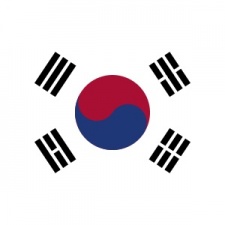A new report from Diandian has highlighted the key events of a busy September in South Korea, a country planning to implement a “probability survey” and potential blockchain restrictions, as well as new requirements for international game makers.
The legal side
Following an amendment to the Game Industry Promotion Act in South Korea, games companies are now mandated to reveal probabilities of card draws for transparency, similar to how loot boxes and gacha games must present their odds. A Probability Project Investigation Team will conduct a review of these probabilities to check they are displayed correctly and in a way that players can find them.
Mobile games with paid probability items have already been required to display this information, but the new investigative team will link probability disclosure with administrative disposal, and expand the requirement to console and PC games, too.
Loot boxes underwent a change in the UK this year also, as 11 new guidelines were imposed to restrict the monetisation method and protect children. In reality, only 4% of children have actually spent money on loot boxes.
South Korea is also taking a page out of China’s book with September’s review of the Overseas Game Company Agent Designation Act. Essentially, this is equivalent to China’s regulations where foreign developers need deals with Chinese publishers to see their games released in the region. This act was first proposed in South Korea in the summer with a review period now taking place.
Rounding off the legal side of September, South Korea is also considering increasing regulatory measures around blockchain gaming. A report was submitted on October 10 stating that the South Korean Game Commission is going to conduct an investigation into Google Play and the Apple App Store’s distribution of blockchain games, with measures expected to be taken against pay-to-earn games.
How blockchain games developer WeMade will respond to this, being based in South Korea, remains to be seen.

